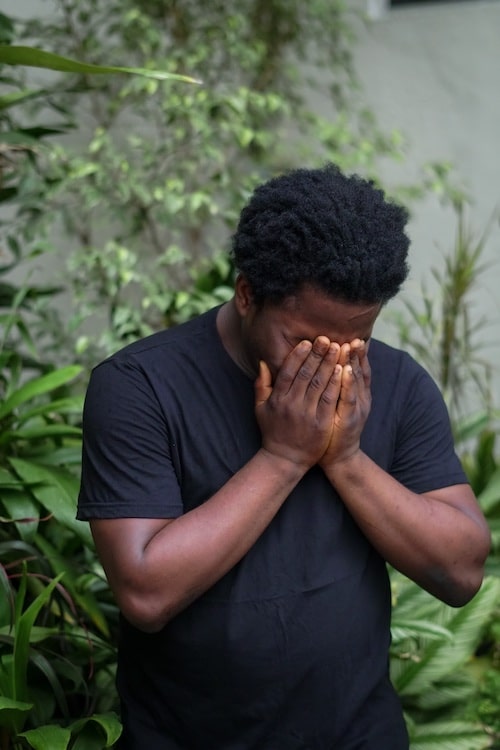
Using Transference and Counter-transference to Decode Clients’ Unconscious Communication – with Dr Ruth Birkebaek (Mar. 2024)
Dr Ruth Birkebaek has offered another well paced, highly compassionate and informative workshop, full of great client examples and a live therapy demonstration on “Using Transference and Countertransference to Decode Client’s Unconscious Communication”.
She began by asking delegates to think about watching television without the sound on and likened this to how we can more deftly observe details without words in the therapy room with our clients.
She discussed from a TA and developmental perspective how we can consider working with clients at their developmental age as well as their chronological age. The child self alongside the adult self. With this in mind we can slow down and attune more directly to the developmental needs of the client. Ruth demonstrated this with a live session using great warmth, compassion and soft tone of voice. After the demonstration she made links to theory referencing in particular Erskine 2007 and the idea that it’s often Process not Content that supports the therapy.
Ruth talked in detail about avoiding shaming the client and reminded us that Transference is happening all the time, including in ‘everyday life’ and is information for us as psychotherapists and counsellors. As an example she asked us to challenge our sense of defensiveness if a client becomes angry with us, by approaching it as a communication beyond words giving information about their Internal Working Model (Bowlby). She discussed how difficult it can be for people who have little or no emotional resources laid down in early life to be able to draw on themselves in adulthood. As professionals we need to attune to the person sitting in front of us and their experience rather than relying on what we think we ‘know’ either from other client work, therapeutic theory or personal experience.
In terms of Countertransference we were reminded to be aware of our own emotional responses and associations during therapy and to use supervision and personal therapy to be curious and explore how we respond to each individual client.
Referencing Gestalt Psychotherapy Ruth talked about ‘interrupted gestures’ and the need to listen to the body and its communication, for example fiddling fingers, sitting on hands and sighing. Rather than pointing these out which may be shame inducing she suggested asking clients if they can do the gesture or movement more in order to more fully explore its meaning.
At the end of the day Ruth referred delegates back to her initial example about the television with no sound and suggested we try it for one minute that evening to see what else we might learn beyond the words. An excellent day.
_______________________________________________________________________________________________
Average feedback scores from our event:
Organisation of event: 4.8 out of 5
Speaker: 5 out of 5
_______________________________________________________________________________________________
Feedback from our event:
“Very participative and a powerful real therapy session which was so illustrative of being aware of physiology as well as verbal responses.” – Anonymous
“The delivery by the speaker was exceptional.“ – Anonymous
“From start to finish the content and presentation was incredible. I have learned so much in this workshop that I believe will enhance my practice going forward.“ – Henrietta Ray, Oxford
“The environment was welcoming and supportive. The space was a good size, the food and drink abundant, and good to have access to outside space.“ – Denise Spinney
“I gained more insight in how to work with non-verbal communication to help clients tell their story. I found the demonstration of giving therapy that Ruth gave very helpful.“ – Carol Bennett, Andover
“The therapy session demonstration was excellent, putting into practice the theory described earlier. It really showed how the work is deeper than words, a communion of souls.“ – Anonymous




This Post Has 0 Comments